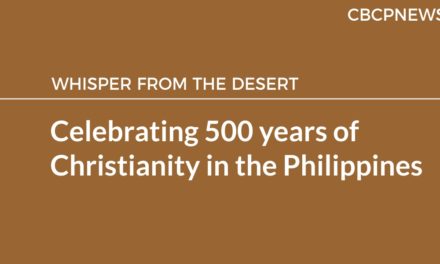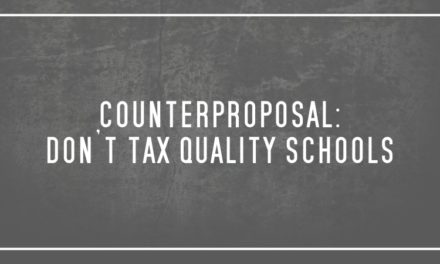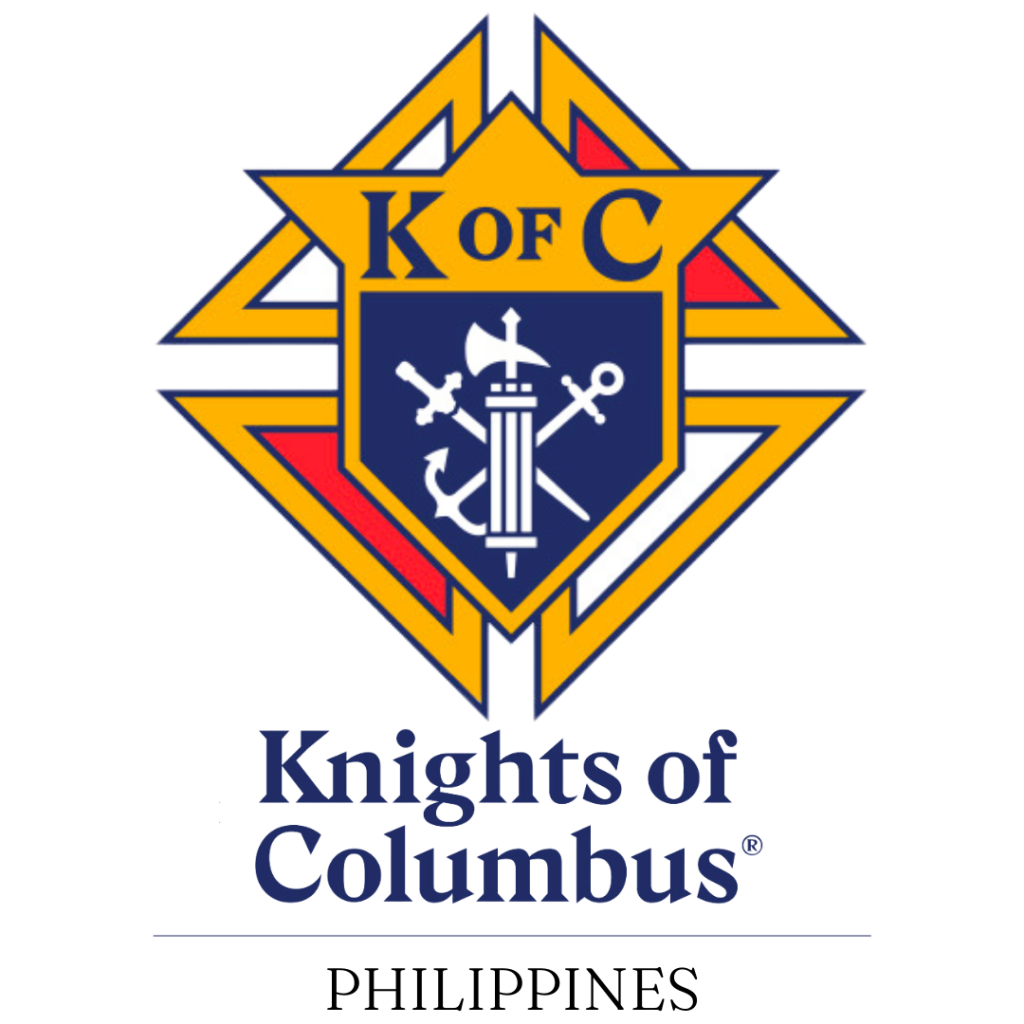
Taking the First Step


THE first steps are usually the hardest. But once taken, some facility is acquired until they become second nature.
Some representatives of Church-based groups around the country had a “conversation” on Community-Based Recovery Program (CBRP) at the Center for Family Ministry (CeFam) at the ADMU last April 26. This was organized by the Bishops Businessmen’s Conference (BBC) and CeFam, and was facilitated by Fr. Ted Gonzales, SJ, well known for his talks on personal and social resiliency.
Each group had a story to tell. There’s a coalition against illegal drugs in CDO participated in by the local church as well as a hot-line through a school-based effort in Davao City. Even a Protestant group shared an initiative that included downloadable videos. The Archdiocese of Manila also shared insights on center-based work.
It was the Lady of Lourdes parish of the Diocese Novaliches led by Fr. Luciano Felloni that caught my attention. Its orientation and the initial results of its program seems to validate what we began in Barangay Subangdako, Mandaue City last July 2016. We call it “LaBang” (Lahat Bangon). Fr. Felloni’s program features an eight-hour direct intervention from Monday to Saturday. The parish also partners with the barangay and the CADAC (City Anti-Drug Addiction Committee).
But here the similarity ends. During the early stages of the program’s inception, the parish had a frightening number of drug-related killings. In Barangay Subangdako, there was only one killing just before our program began despite the 500 Tokhang surrenderers. We exchanged notes with Fr. Luciano and agreed that Church involvement in rehab work at the grassroots level may prove to be a deterrent in drug-related killings.
Livelihood training as well as job and entrepreneurial opportunities for recovering addicts and their families also top our must-do list. Our clients in Subangdako, for instance, after undergoing TESDA training for construction work, decided not to take the job offer. “It takes a monkey to know another monkey Father,” one Labanger told me, tongue in cheek, as he noted the risk of relapse while mingling with other construction workers whom he detected are still active drug users.
I have met many government workers sincerely desiring to help recovering addicts. There are, however, hindering personal and institutional mindsets that cannot be denied. One conversation partner in BBC-sponsored gathering said that the “government is not ready (to face the consequences of Tokhang) but keeps denying it.” The task is really overwhelming.
But it is not only government that is not ready. All sectors are not ready. What complicates the matter is that different sectors have different mindsets on how to proceed. Peter Drucker, the late management guru, talks about different indicators of success for government, business, and civil society. Government looks at services it has provided. This can be further broken down. For example, DOH offers medical services while the PNP looks at the number of arrests. Business has the bottom line.
While business talks about their CSR, it is to promote an ROI. Civil society focuses on the transformed human being. I prefer to desegregate the Church from civil society since, representing the highest viewpoint, we look at the holistic transformation of the person and the common good. We provide the decisive spiritual dimension. How do we bring these mindsets together for a united front?
This does not make us superior to others but only that more will be expected of the Church. During the BBC gathering, it was noted that the “Church brings everyone together.” Based on my experience, it is best for the Church to provide pastoral accompaniment particularly in challenging and forming mindsets, starting with its members. “What fears do hinder us from reaching out to drug addicts?” is a good place to start.
After all, Jesus usually began his conversations by declaring: “Do not be afraid.”
***
One group that has enabled me and others to overcome my own fears is the Recovery Community of Cebu. A friend for nearly 15 years now is Alain, a recovering addicts who is now 14 years clean. I have come to realize how spiritual the 12-Step Support program is. The first three steps call us to conversion: “1) We admitted we were powerless over alcohol—that our lives had become unmanageable. 2) Came to believe that a Power greater than ourselves could restore us to sanity. 3) Made a decision to turn our will and our lives over to the care of God as we understood Him.” Truly the 12 steps reflect Theology of Reconciliation 101. In a way, we all have addictions – this is a first change in mindset that can empower “normal” people to humbly and courageously reach out to addicts. And we need the 12 steps.
While it is true many Narcotics Anonymous (NA) groups have well-to-do clientele, there are also a growing number of such support groups that are composed of clients from the D and E classes. It is beautiful how NA members from more affluent families are reaching out to such groups.
Last April 27 we launched the second batch of LaBang with Sec. Leoncio “Jun” Evasco, Jr. as guest of honor. About 35 drug surrenderers and their families attended. Sec. Jun was scouting around for lands on which to build rehab centers. Still, he is convinced about the crucial role of the CBRP. Yes, the CBRP is the missing link in the War on Drugs. It is the link that ensures a culture of life prevails over a culture of death.
As a beautiful testament to healing power of nature, 21 street children and 34 Labangers received their certification as graduates of a four-month Farmer Scientist Training from Prof. Romulo Davide. Victor, a recovering addict, shared how taking care of vegetable plots has help him regain self confidence and provide food on the table of his family.
Yes, first steps are the hardest. They are also the most meaningful and joyful.









